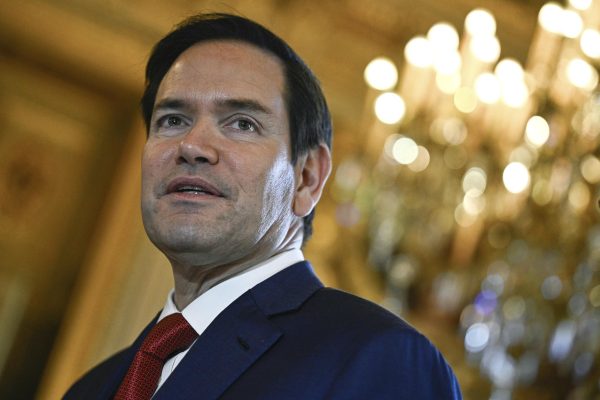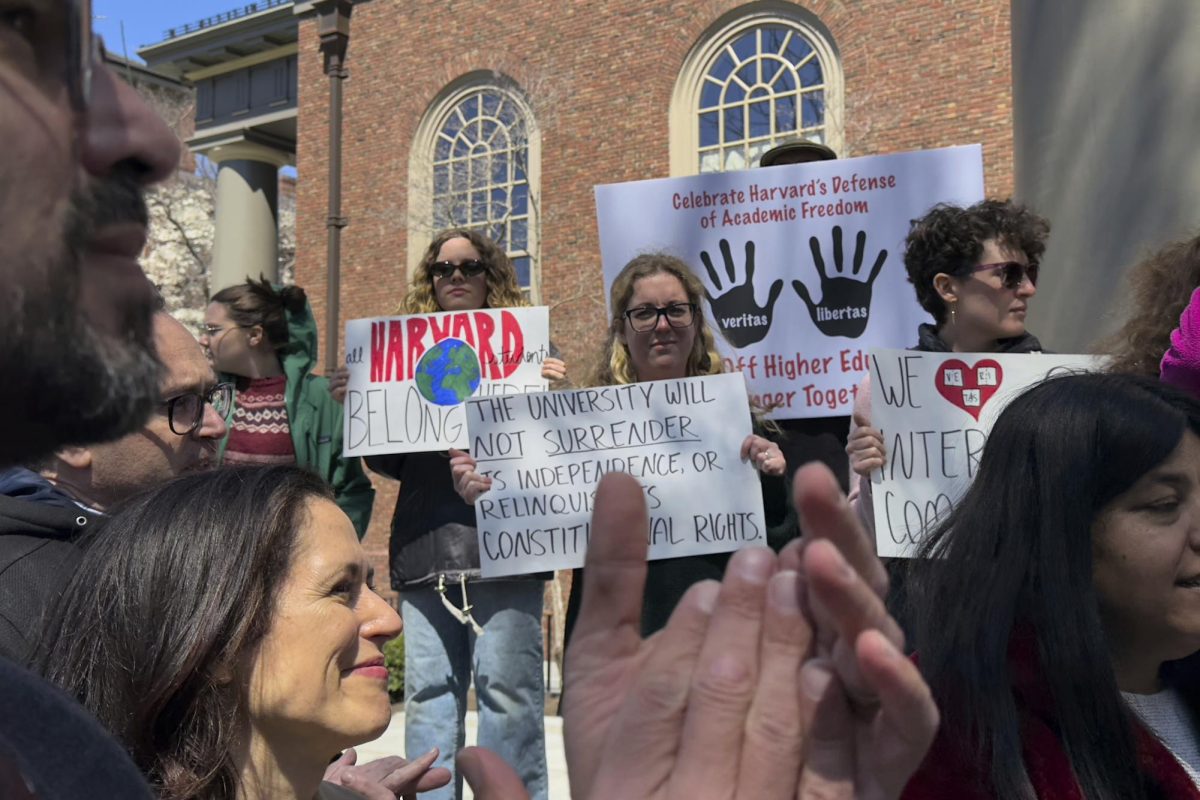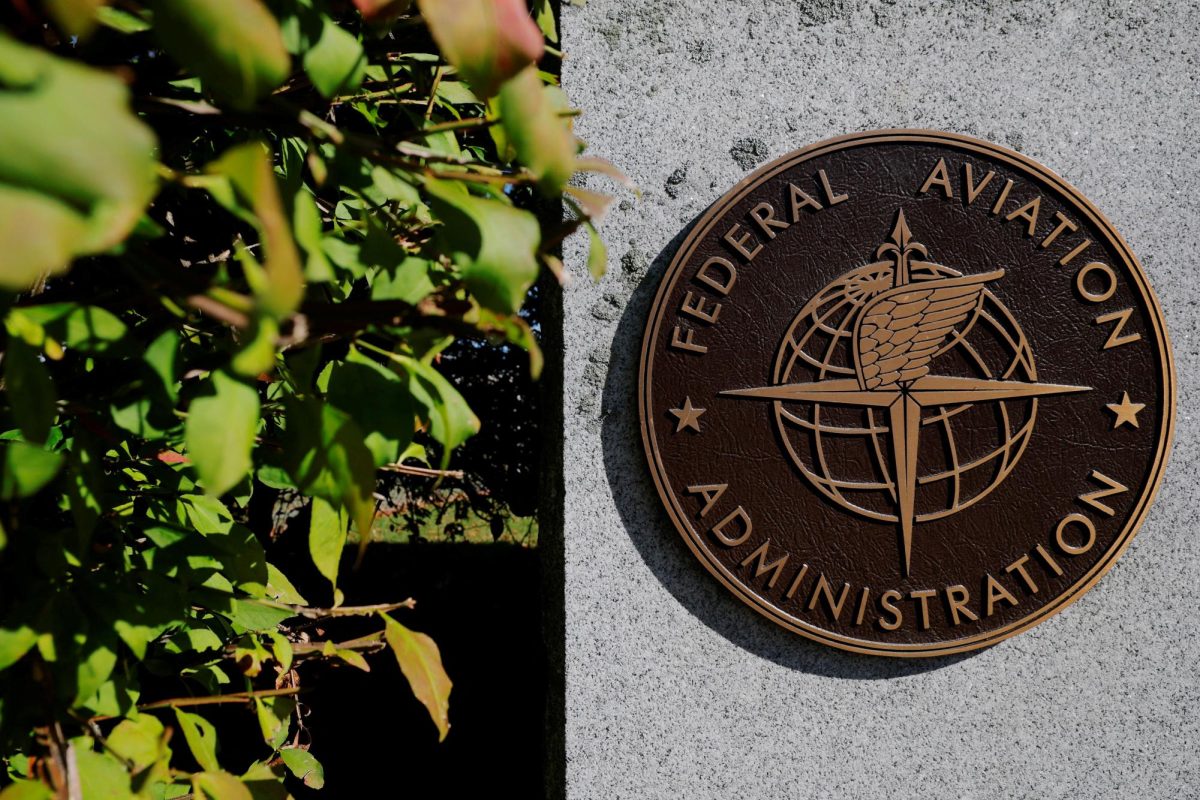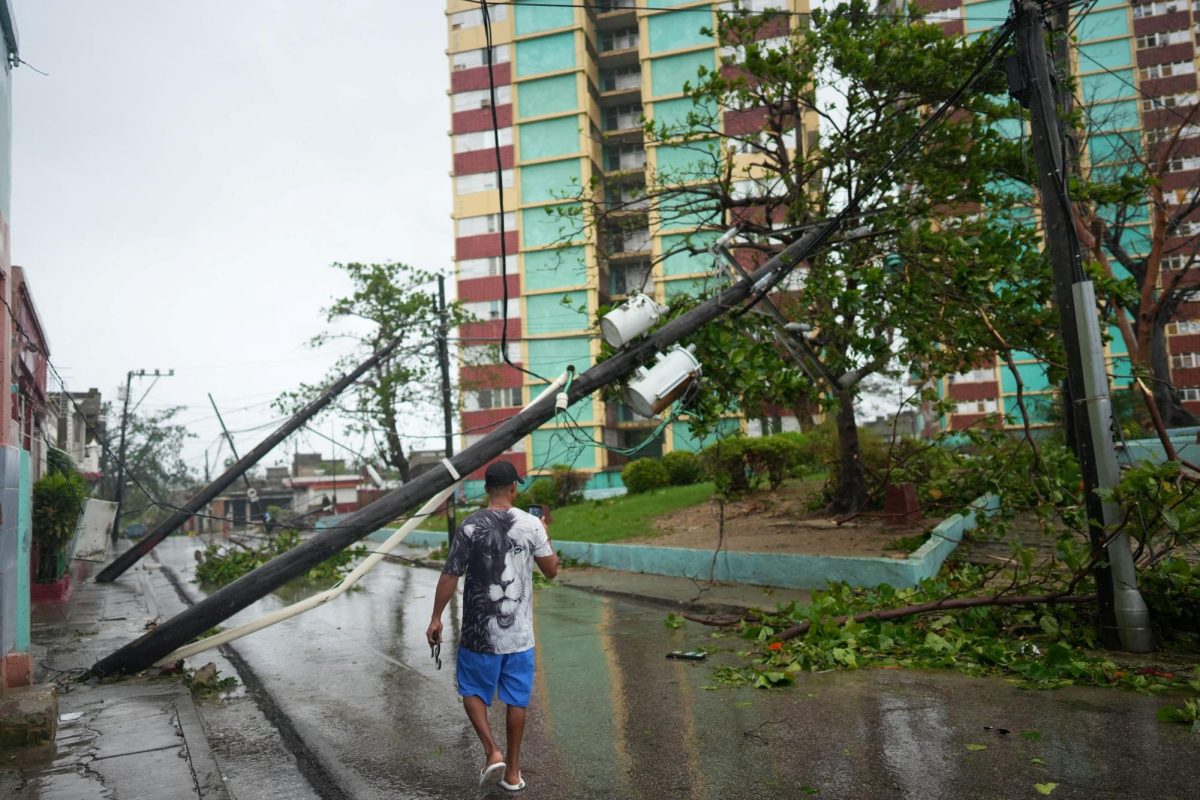Harvard sues the Trump administration
On Monday, Harvard filed a suit against the Trump administration after they halted $2.2 billion in federal grants to the university, according to AP.
It comes after Harvard’s President Alan Garber refused to abide by the administration’s demands to limit activism on campus in a letter they received on April 11.
Harvard called the freeze “arbitrary and capricious,” and claimed it violated their First Amendment rights.
White House spokesman Harrison Fields responded by saying “Taxpayer funds are a privilege, and Harvard fails to meet the basic conditions required to access that privilege.”
The demands come amid campus protests against Israel’s war against Gaza that took place on campuses across the country. Cornell University, Northwestern, Brown University, Columbia University, Princeton University, and University of Pennsylvania have also been targeted by the Trump administration’s funding cuts.
NCAA proposes NIL changes

According to ESPN, the NCAA Division I Board of Directors met for four hours on Monday to discuss potential NIL changes. They proposed deleting 153 rules from their handbook and nine legislation changes.
The changes are pending house approval, but they are “intended to bring clarity and stability to the NIL environment for all Division I schools.”
If they are approved, universities will be allowed to pay players directly, it will also include sport-specific roster limits and full scholarships to all students on a declared roster.
Additionally, all players will now be required to disclose their NIL agreements if they are greater or equal to $600. New technology platforms will be created for the schools to track their payments to the players and for the athletes to document their third-party NIL agreements.
Schools have until June 15 to opt into the changes and the NCAA will put them into effect on July 1.

Marco Rubio reveals State Department overhaul
On Tuesday, Secretary of State Marco Rubio revealed the first stage of his plan to overhaul the U.S. State Department. According to CNN, the changes will eliminate 132 domestic offices, cut around 700 positions in Washington, DC, and close offices focused on war crimes and global conflict.
Layoffs will not happen immediately, but undersecretaries must develop a plan to reduce staff in domestic offices by 15% within 30 days so leadership can implement them by July 1.
The changes will also result in a total 22% reduction in the number of offices at the department’s headquarters.







